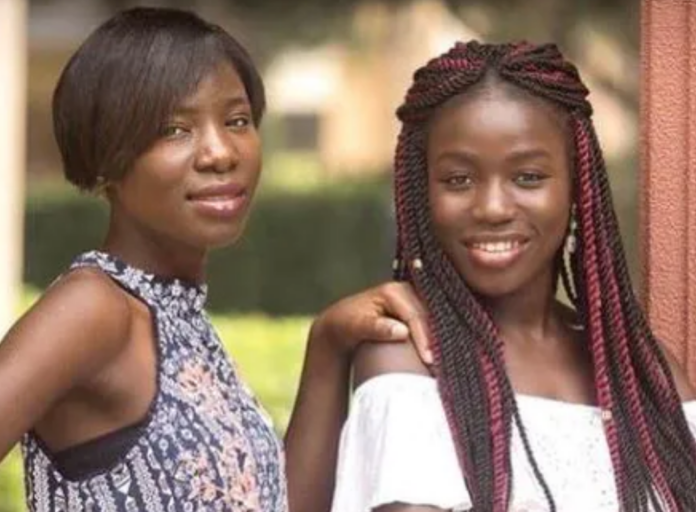Two young women, who were kidnapped by Boko Haram, are taking on the world with degrees in tow. In 2014, Joy Bishara and Lydia Pogu were two of the 276 girls abducted from their school in Chibok, Nigeria. The Chibok school kidnapping was one of many that the terrorist group Boko Haram committed in Nigeria that year, and the incident caused global outrage, inspiring the hashtag #BringBackOurGirls.
In order to escape their hostage situation, Bishara and Pogu, who are now 24 and 23 respectively, made the bold decision to jump from a moving truck that was en route to a forest hideout.
“I had to make the decision if I wanted to jump out and die or go with these people. My choices were die or go with them. Not knowing what they would do with me, I chose to die,” Bishara told WFLA. She, Pogu, and 55 other girls were able to escape from Boko Haram’s grasp in the same way by making a leap for their lives.
“When we got kidnapped by those people, they did tell us that we shouldn’t go to school, like wherever we are, they’re gonna find us. So I was under the impression that even if I come here, they’re gonna find me,” said Pogu.
In August 2014, the Jubilee Campaign, a humanitarian organization, helped Bishara and Pogu come to the United States, PEOPLE reports. The two obtained their high school education in Virginia and Oregon and eventually received scholarships to Southeastern University, a private Christian university in Lakeland, Florida. This April, Bishara and Pogu graduated with bachelor’s degrees in social work and legal studies, respectively, and will pursue their masters at Southeastern University as well, according to PEOPLE.
Both women have aspirations to serve their communities in Nigeria. For Pogu, that looks like using her legal studies “to bring justice for people,” she told PEOPLE. “because after what happened to me, I felt there was nobody that brought justice for the Chibok girls.”
Bishara has plans to build a nonprofit agency in Chibok that will “take in those who have been injured in a violent relationship, have been attacked by the Boko Haram, lost their property, lost their food.”
Today, an estimated 100 girls who Boko Haram abducted in 2014 are still missing and Boko Haram’s presence continues to be a threat to children and disruption to education in Nigeria, Voice of America reports. Bishara and Pogu are using their experiences to make a difference in the lives of others who have faced similar hardships.
“Boko Haram says women can’t go to school. Women should be able to make decisions for their life. I want to fight for that,” says Pogu.
Story & Photo Credit: /thegrio



































